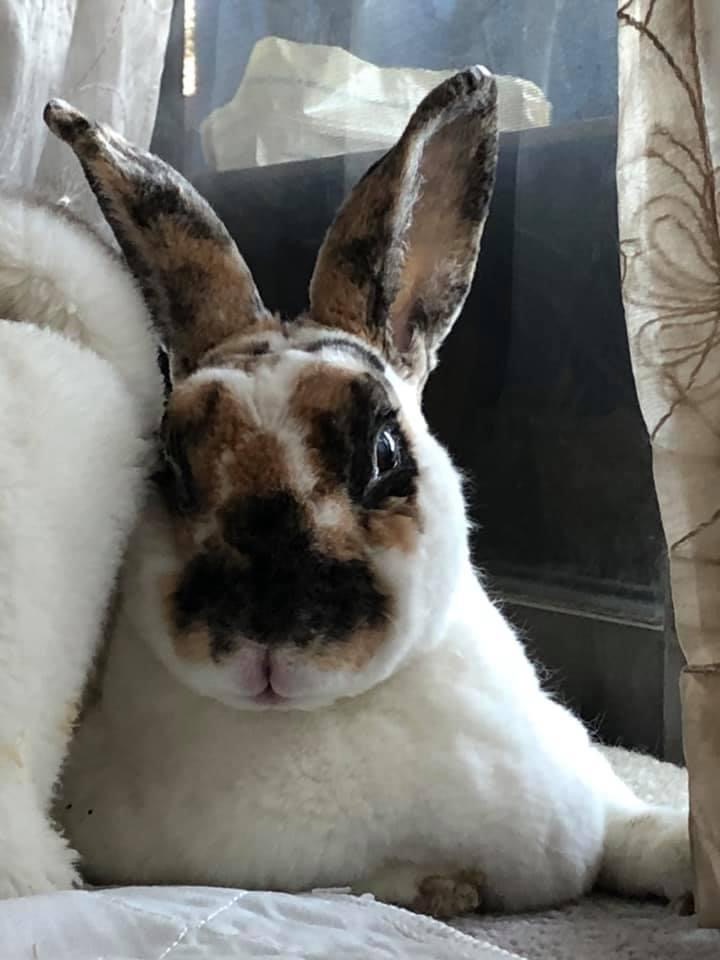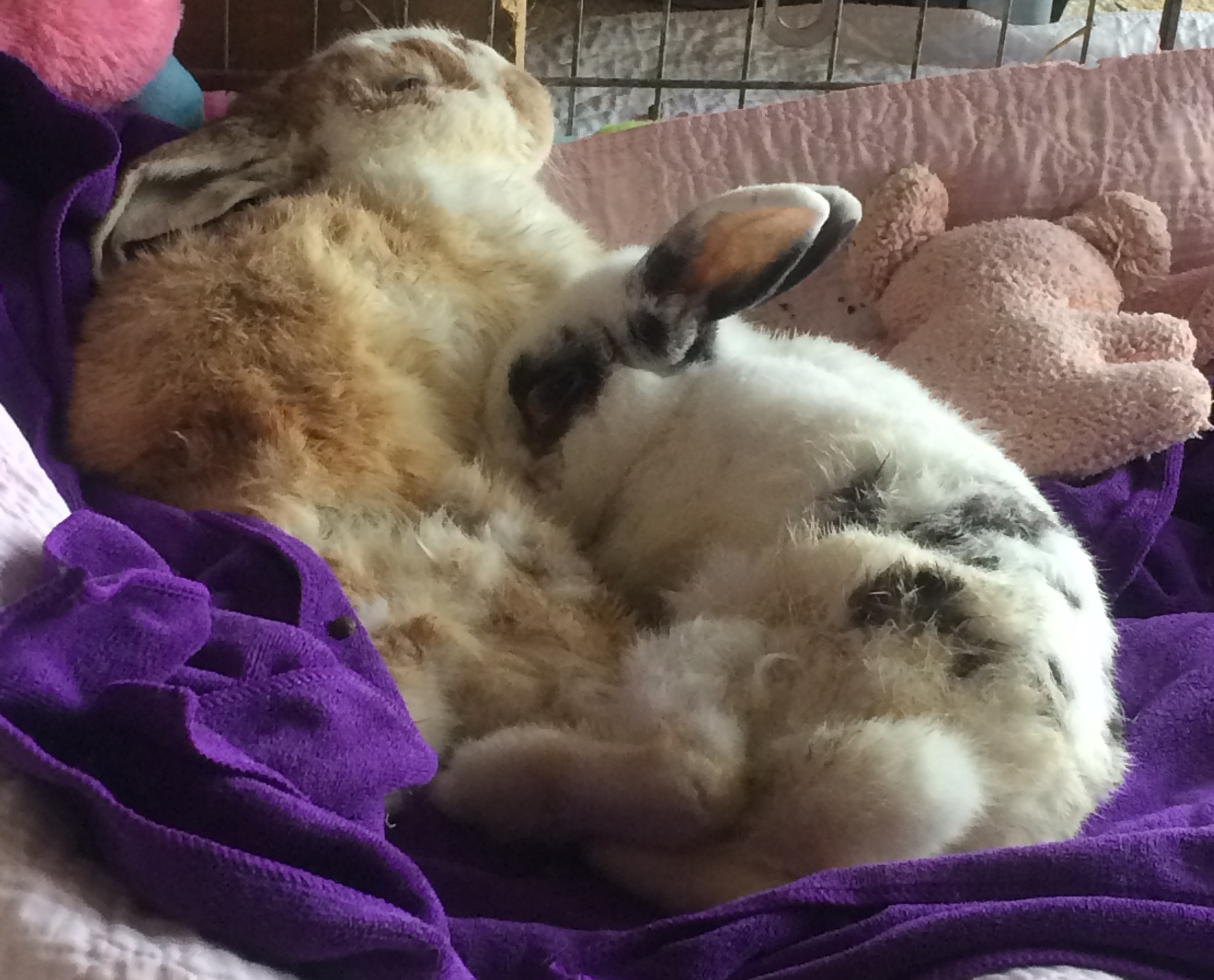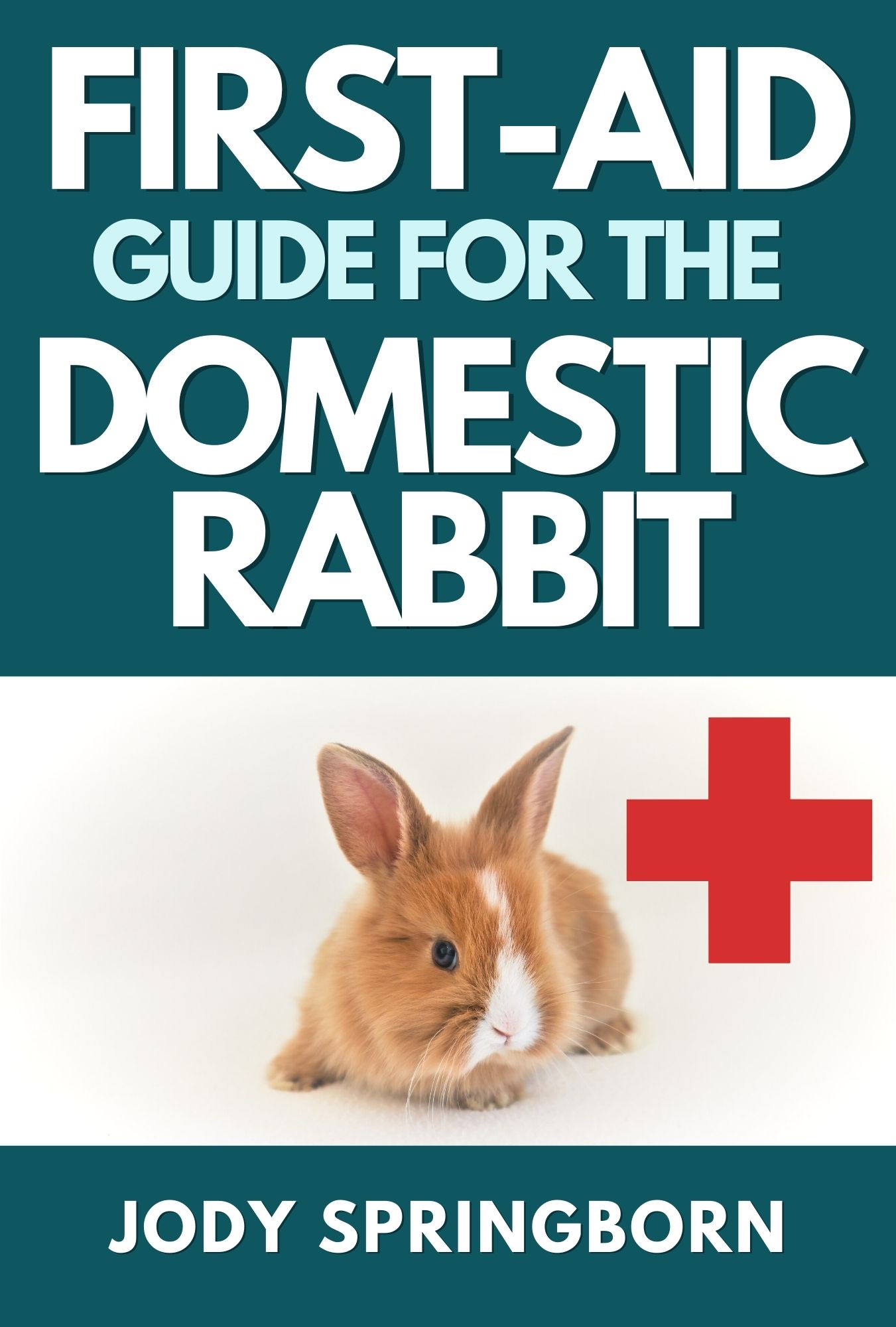- Home
- Special Needs Rabbits Summary
Special Needs Rabbits Summary
 Roxanne
RoxanneCaring for Special Needs
Special needs rabbits require extra patience and commitment from the owner, but it can be highly rewarding work. Babies, seniors and disabled bunnies have specific needs which can seem intimidating at first, but you can soon develop a routine that is comfortable for both you and the rabbit. Here is the summary for the most important points.
Special Needs Rabbits - Babies
 Photo by Unknown man|Shuttershock.com
Photo by Unknown man|Shuttershock.com- Neither domestic nor wild rabbit moms hang out by their nests. They don't want to attract predators, so the mom only visits twice a day to nurse. Each nursing session takes about 10 minutes.
- Since each nursing session is so short, it makes sense that rabbit milk is packed full of nutrients and fats. It's hard to replicate, so unless the mother has abandoned the nest (or has been injured or killed), leave the nest alone. Well-fed babies look like fat cocktail weenies.
Since wild rabbits and hares are difficult to rehabilitate, bring to a wildlife rehabilitation center as soon as possible, if you are absolutely certain the nest has been abandoned.
Domestic babies are born naked, blind and deaf. At about 7 days they start growing fur; 10 days they open their eyes and in 14 days, they start to look like rabbits. Babies need to stay with their mom at least 8 weeks to be fully weaned and socialized.
Caretakers need to bunny-proof their homes with babies in mind. Babies will explore places not easily accessible to adult bunnies, such as under the couch.
Exercise pens are not suitable, as babies will squeeze between the bars without slowing down. This is the only time a pet store cage is a suitable enclosure. You can use them until the babies are about 6-weeks old.
Babies should be bottle fed twice a day, but should have unlimited access to alfalfa hay and high quality alfalfa-based pellets. Usually babies start eating pellets around 4-5 weeks old.
Special Needs - Seniors and Disabled
 My two old men, Benji and Nat.
My two old men, Benji and Nat.Some seniors are as active as they were as young adults and some disabilities are just a minor inconvenience for both the rabbit and owner. However, certain bunnies will need dedicated care. Here are the important points when you have a senior and/or disabled bunny.
- Bunnies who are blind, deaf or have a birth defect (such as splay legs) can still do most things a normal rabbit can do. They just may need minor adjustments to their environment and care.
Seniors can remain active for a very long time, but they may have the same ailments that plague seniors of all species, such as arthritis. Making small changes to their environment as necessary can keep your senior bunny binkying much longer.
As your rabbit gets older, it might be necessary to bend the rules of a normal rabbit diet. Seniors can lose weight rapidly and your bunny may need extra calories to keep his weight up.
Rabbits who have mobility issues (whether due to disease or injury) can still live full lives. Caretakers of these rabbits need to keep 3 key points in mind: Is my bunny comfortable, clean and dry?
Physical therapy and alternative medicine can be helpful. Together with your regular vet, you can assemble a knowledgeable team to extend your bunny’s quality of life.
Wheelchairs can be helpful in certain situations. Learn the Do’s and Don’ts of wheelchairs and how they can help your bunny.
Available Now!

Often times, rabbit health issues require immediate attention. My First Aid Guide for the Domestic Rabbit will show you the most common health issues and teach you the basic skills you should have when your bunny needs you the most. There are over 100 color photos that show you all the supplies you need and how to help your rabbit in easy to follow step-by-step instructions.